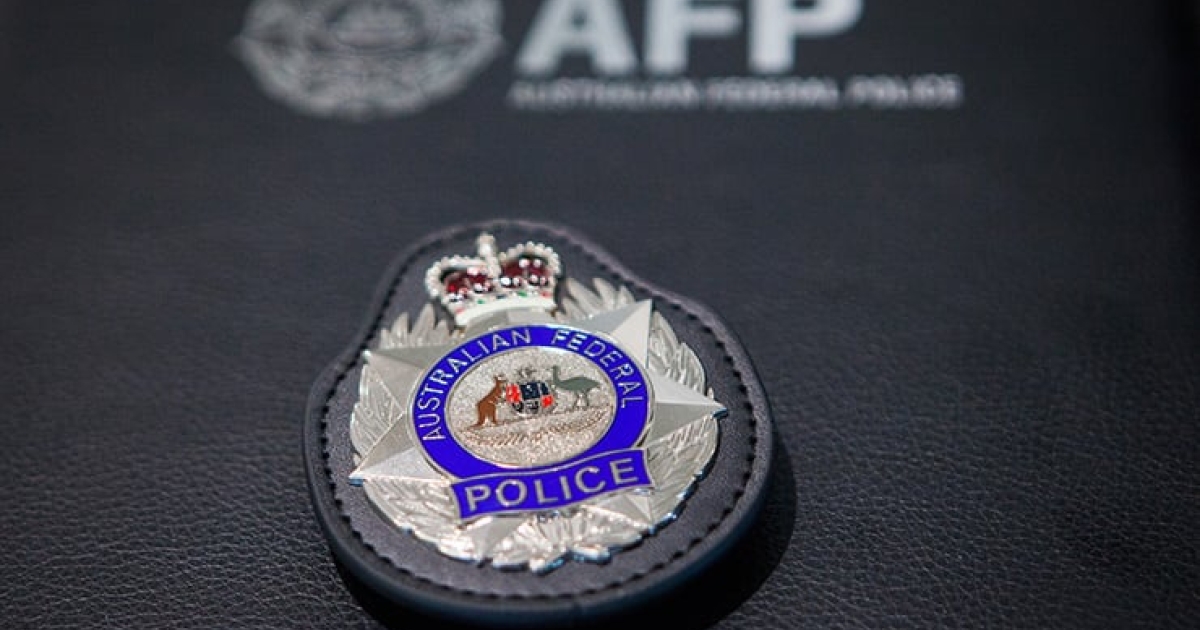The release today by Universities Australia of the National Student Safety Survey (NSSS) shows that La Trobe University and the sector still have work to do to address sexual harassment and sexual assault, despite progress made since the release of the ‘Change the Course’ report in 2017.
The Universities Australia national report and La Trobe’s results can be viewed on our website.
The findings make for uncomfortable reading but shed more light on university students’ experiences of sexual harassment and sexual assault. These data provide critical information to underpin the next wave of programs and supports to help us prevent and respond to this deeply concerning behaviour.
A single case of sexual harm is one too many at La Trobe University, at all universities and across society as a whole. Whether on campus, online, or off campus in students’ own homes, pubs and clubs, every student has a right to feel safe and respected.
To all members of our La Trobe community who have experienced sexual harassment or sexual assault, we are profoundly sorry.
We will continue to do everything in our power to prevent sexual harassment and sexual assault on our campuses and to deliver confidential, respectful and supportive processes for reporting and responding to incidents of sexual harm and tailored support to victim-survivors.
2021 National Student Safety Survey – La Trobe University
Student and staff safety and wellbeing has always been, and always will be, the highest priority for La Trobe University.
Most recently, we have invested $2.3m in additional specialist staff to provide student wellbeing support, deliver training and prevention programs and conduct investigations into cases of sexual harm.
We accepted and implemented all the recommendations of the 2017 ‘Change the Course’ report and have instigated a wide range of initiatives to address the sexual harm on campus. These range from:
- Research-informed prevention initiatives such as the evidence-based sexual assault resistance prevention program, Enhanced Assess Acknowledge Act
- A single point of reporting and comprehensive support service accessed through Safer Community
- Significant research projects in the field of gender and violence, including TramLAB: Improving the Safety of Women and Girls on Public Transport
- Launch of the Health and Wellbeing Resource Centre, which provides students and the community we serve with information on sexual harm, gender-based violence, family violence and stalking
- Mandatory consent training for all students living in campus accommodation
- Evidence-based bystander intervention workshops and communication campaigns
- Perpetrator intervention and training programs specifically designed for the first instance of problematic behaviour, where mandatory training is a proportionate outcome (eg. staring or making sexist, inappropriate or suggestive comments)
- Significant investment in improved safety and security measures around our campuses.
Read our background document






